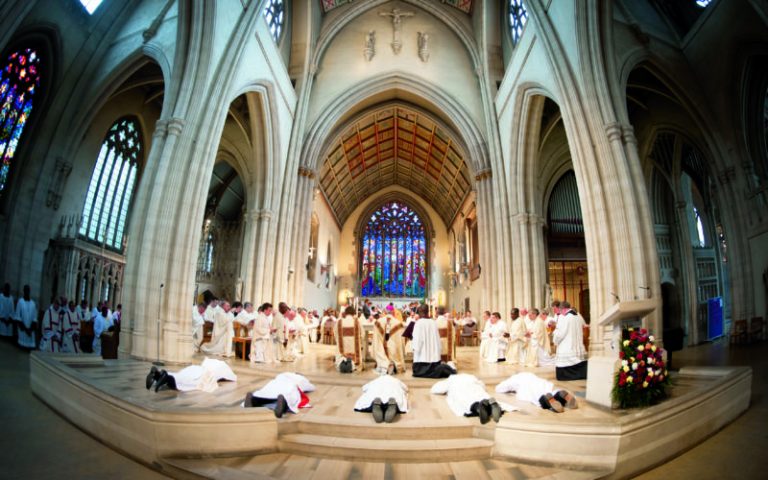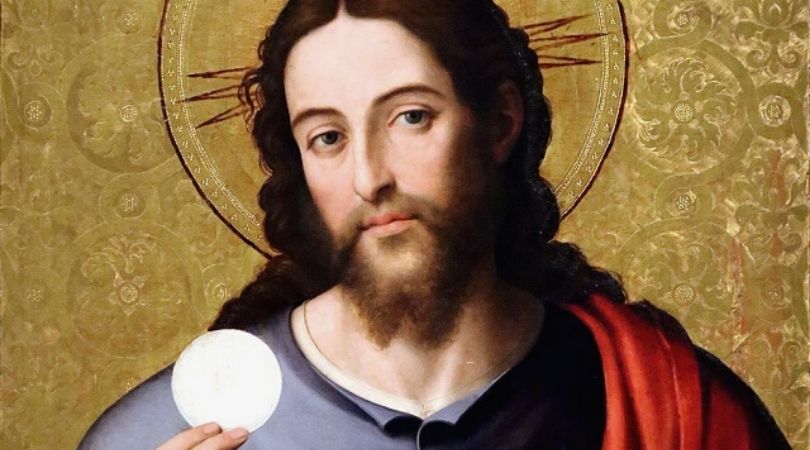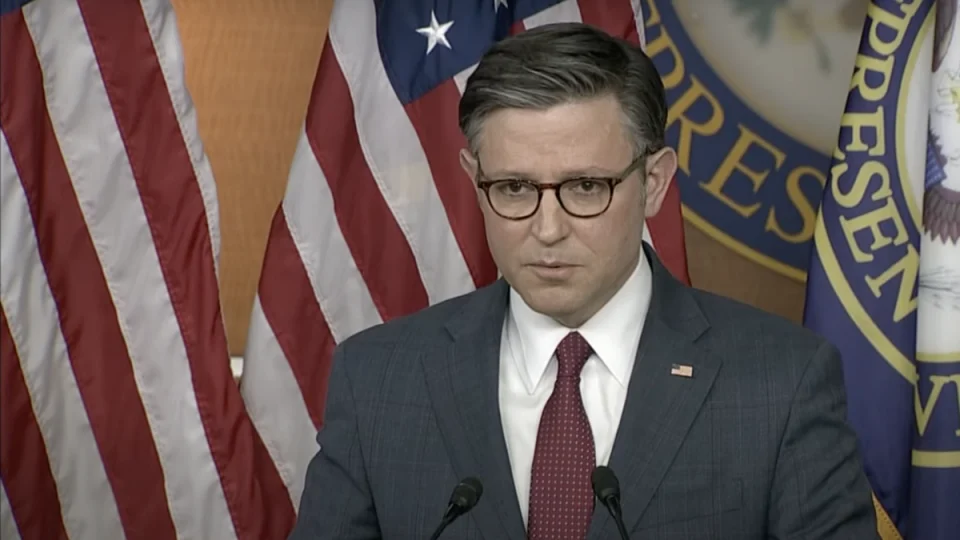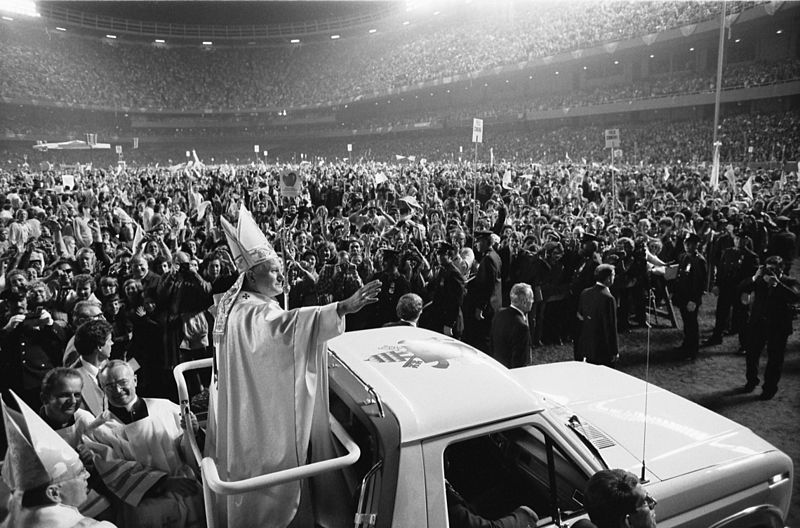By Fr. Alexander Lucie-Smith, Catholic Herald, Nov. 6, 2017
The Church needs renewal. Does it have the people who can bring it about?
Did you hear the first reading at Mass yesterday, the Thirty-First Sunday of the Year, cycle A? Here it is again, in case you missed it. It comes from the prophet Malachi.
I am a great king, says the Lord of Hosts, and my name is feared throughout the nations. And now, priests, this warning is for you. If you do not listen, if you do not find it in your heart to glorify my name, says the Lord of Hosts, I will send the curse on you and curse your very blessing. But you, you have strayed from the way; you have caused many to stumble by your teaching. You have destroyed the covenant of Levi, says the Lord of Hosts. And so I in my turn have made you contemptible and vile in the eyes of the whole people in repayment for the way you have not kept to my paths but have shown partiality in your administration.
Have we not all one Father? Did not one God create us? Why, then, do we break faith with one another, profaning the covenant of our ancestors?
These words are a nice reminder to us all that the words of the Bible are not just of their own time, but for all time; goodness knows what in particular the priests of Israel had done to arouse the prophet’s wrath, but the words resonate today for reasons we all know.
First of all, the child abuse scandal in the Catholic Church. This was caused by priests who “strayed from the way”, that did not keep to the Church’s teaching, a teaching they themselves were supposed not just to uphold but to teach and preach. If that wasn’t bad enough, the subsequent cover-up turned a bad situation into a full-blown crisis, because it revealed to the world, and to those of us in the Church, that the Church’s institutions were not working as they should have been. In other words, those charged with oversight were not overseeing things properly.
Most of the vilification for the child abuse crisis has fallen on the priests of the Church, largely because these are the only “officials” of the Church the general public meets, though there have been several high ranking clergy who have also been made “contemptible and vile in the eyes of the whole people”: one thinks, for example, of Cardinal Law of Boston, as well as the most unfair persecution, from some quarters, of Pope Benedict XVI. But on the whole, it is the priests, the men who are the daily point of contact with the public, who have had their collective reputation besmirched. That is something we priests have had to live with. But that is not really the most bitter fruit of the Church’s mismanagement: the real harm done is seen in the ruined lives of the abused and in the loss of faith by the laity.
The words of the prophet may also be applied to a more recent phenomenon, or more accurately, an old phenomenon that has only recently come to light, and that is the lack of faith in so many of the clergy. This too causes the people to stumble. As Father Weinandy has pointed out in his open letter to the Pope:
I have often asked myself: “Why has Jesus let all of this happen?” The only answer that comes to mind is that Jesus wants to manifest just how weak is the faith of many within the Church, even among too many of her bishops. Ironically, your pontificate has given those who hold harmful theological and pastoral views the license and confidence to come into the light and expose their previously hidden darkness. In recognizing this darkness, the Church will humbly need to renew herself, and so continue to grow in holiness.







